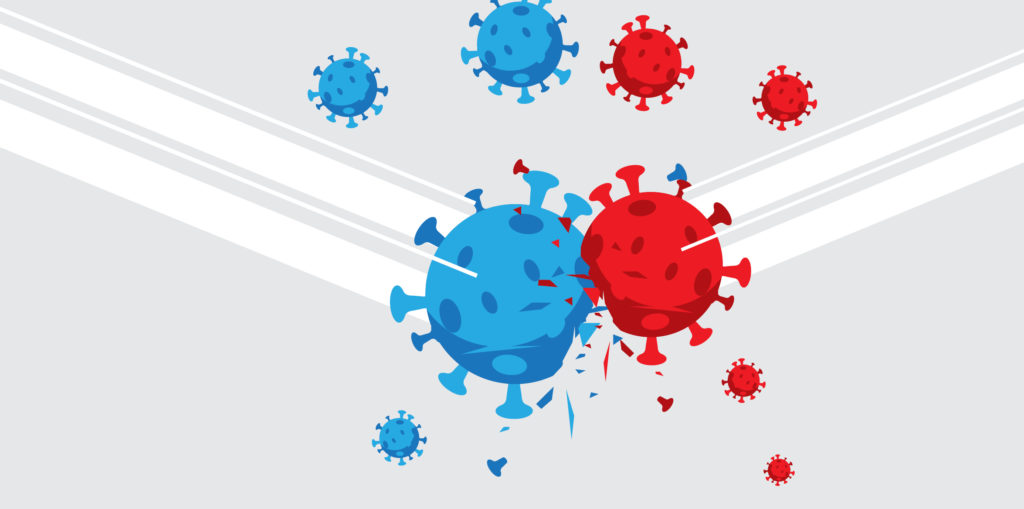Coronavirus and the 2020 Flu Season: Are You Ready?
About this time of any other year, the medical community would be preparing for the annual flu season. Except for this one…
No one has written a playbook for a scenario quite like a flu season combined with a coronavirus pandemic, and with so many other things in a state of flux too.
Since we talked to you about the coronavirus earlier this year, the news is looking a little better and a bit clearer on the vaccine front, although it still remains a pretty good bet we won’t see one emerge from Phase 3 trials for a while longer.
In the meantime, health officials all over the U.S. are wondering and worrying about how a pandemic that will have killed more than 200,000 Americans by early fall will affect the annual flu season, and maybe worsen it.
A hopeful sign
One indication there’s hope that the flu season could be a little easier to handle: Countries in the Southern Hemisphere like Australia are reporting far fewer flu cases than they expected so far.
It’s an encouraging sign that social distancing, school closures, and mask-wearing have had a real impact.
Despite the dropping numbers of flu cases below the Equator, however, health officials starting at the very top with CDC Director Dr. Robert Redfield believe we shouldn’t be letting our guard down at all, especially now.
The one thing health officials agree on with urgency: When a flu shot becomes available, GET ONE.
But that’s just the first step on your to-do list…
Your revised healthy habits list
Now that we’re deep in the season of coronavirus and heading to an unknown flu season this fall, your list of healthy habits has changed some from earlier this year, but a lot of the tips still apply.
- Wear a mask when you’re out of the house to run necessary errands or go to work.
- Wash your hands often with soap (no antibacterial soaps) and warm water, especially before eating and after touching your face.
- Keep the surfaces in your kitchen and bathrooms as clean as possible.
- Be sure you’re getting the exercise and healthy meals your body needs.
- Protect your immune system where it resides in your gut.
We’ve shown time and again how probiotics work in sync with the flu vaccine to keep you and your family healthy.
Taking a probiotic with multiple strains of beneficial bacteria like EndoMune Advanced Probiotic can give your immune system a gentle boost and better enables the flu shot to do its work.
Advisory Note:
Facts and findings are always being updated on the status of the coronavirus/COVID-19 pandemic. For the most updated advisories on the COVID-19/coronavirus, visit CDC.org (https://www.cdc.gov/coronavirus/2019-ncov/index.html).
Resources
Coronavirus and the 2020 Flu Season: Are You Ready? Read More »





